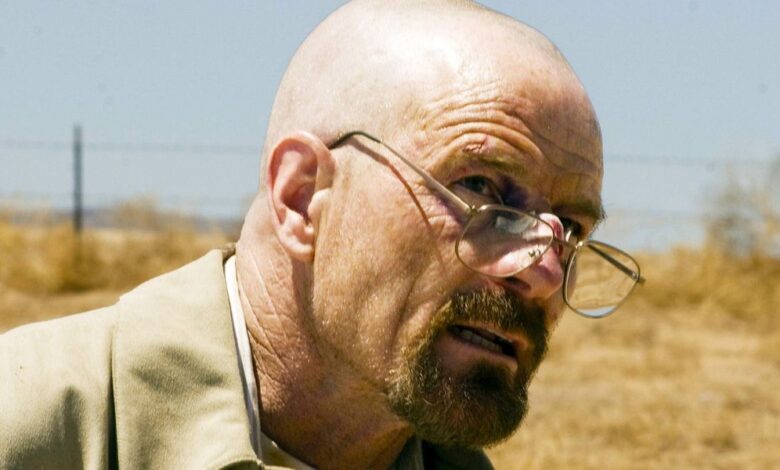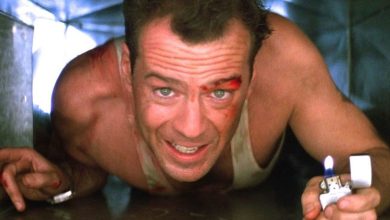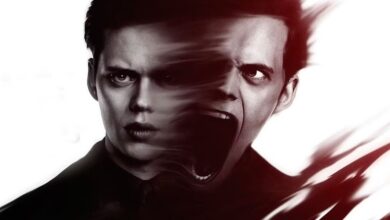Why Flawed Heroes Are More Memorable Than Perfect Ones

In the realm of storytelling, the allure of heroes often lies not in their perfection, but in their flaws. This article delves into why flawed heroes are more memorable and relatable than their perfect counterparts.
Why Flawed Heroes Are More Memorable Than Perfect Ones
Perfect heroes are boring. Yeah. I said it.
If a character has no flaws, is always good, and never stumbles even a little, then where is the conflict? Where is the growth? Perfection leaves us nowhere to go.
Also, no one is ever totally perfect, so unless you’re going for satire, this character is not going to feel real, either.
Audiences might initially be drawn to a protagonist who always makes the right choices, but these characters can fall flat fast. The heroes we remember will fail (sometimes a lot). Sometimes they’re rude. Sometimes they have a fall from grace, which gives them somewhere to climb back up to.
Even Superman is faced with tough choices, and sometimes he makes the wrong one.
Why Flawed Heroes Work
Flawed heroes remind us of ourselves. Research in narrative psychology suggests that flawed characters serve a cathartic function. They allow audiences to explore moral struggles vicariously.
Perfect characters exist in a place we might admire, but we aren’t really going to relate to them.
But imagine a hero who struggles with addiction, acts out of selfishness, or carries guilt. That’s relatable! We’ve all made decisions we regret or been in a situation we can’t control.
A flawed hero’s journey becomes our journey. Suddenly, we’re much more invested.
Flawed heroes also create better storytelling opportunities. As we’ve already pointed out, a perfect character is already at a pinnacle, and there’s nowhere to go from there. Unless you’re tearing them down, then it’s interesting again.
Give a hero shortcomings, and you get dramatic tension, internal conflict, and the possibility of change. And we love a compelling arc around here.
As screenwriter Terence Winter says, the key to memorable characters isn’t making them likable.
See More ...
“Likable is not high up on my list,” he told Fast Company. “It doesn’t hurt, of course. Relatable certainly helps too. I think in any character or any bad person, if you show those people in all their colors, you’re going to find moments of humanity, even if it’s the worst person in the world.”
And humanity means imperfection.
Psychology research shows that characters who display both positive traits and meaningful flaws create stronger emotional connections with audiences because they feel authentic and three-dimensional. And that’s exactly what we want as writers.
The entertainment industry has embraced this. Modern superhero films succeed when they embrace their protagonists’ flaws. We already mentioned Superman, who’s pretty close to perfect, but especially in his recent iteration, experiences doubt and sometimes disappoints people despite his best efforts.
Compare him to Batman, another (more dramatically) flawed hero. He has his own moral code, but sometimes he does operate selfishly and lets his trauma drive him. Tony Stark’s arrogance makes him more interesting and gives him room to get more grounded.
Five Flawed Heroes to Study
Katniss Everdeen (The Hunger Games)
Her emotional walls, calculating nature, and difficulty trusting others make her a complicated protagonist. She’s forced into situations where she has to make hard choices in order to survive.
Walter White (Breaking Bad)
He starts out mild-mannered but becomes a proud and dangerous kingpin, one of TV’s most fascinating antiheroes.
Tony Soprano (The Sopranos)
Another winner from the world of TV. He becomes more layered as the show progresses, and he delves into his own psyche.
Lisbeth Salander (The Girl with the Dragon Tattoo)
She’s violent, cold, and coping with a traumatic past. She operates in a gray area as a hacker, too.
Scarlett O’Hara (Gone with the Wind)
A personal favorite, totally selfish and blinded by obsession. She also refuses to consider the future, always pushing worries to the next day. You love to hate her.
Get Started
Don’t be afraid to break your heroes a little. Check out our list of character flaws to get you started.
But whatever you do, give them real problems, poor judgment, and consequences for their actions. Audiences will forgive almost any flaw, as long as it feels authentic and leads to meaningful growth (or at least interesting conflict).




